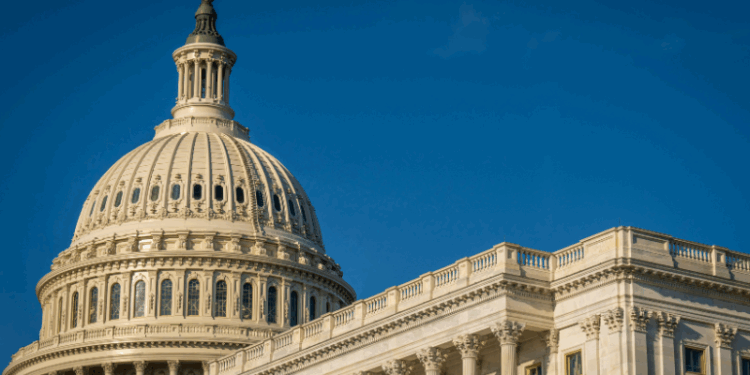The House of Representatives met on Wednesday, July 2nd, to finalize President Donald Trump’s domestic policy bill, aiming to align it with Senate changes and pass it before the July 4th deadline. House Democratic Leader Hakeem Jeffries, on Thursday, took the floor around 5 a.m. and began a marathon speech, delaying the vote in the House.
The Senate approved the bill Tuesday with a tie-breaking vote from Vice President JD Vance. The measure extends Trump’s tax cuts and increases spending on border security, defense, and energy. To offset the cost, the bill reduces federal funding for healthcare and food assistance programs.
Medicaid would face stricter eligibility rules and a work requirement for adults aged 19 to 64, including parents. States would receive less federal funding, likely leading to reduced benefits or stricter enrollment processes.
Food stamp recipients would also face more stringent work requirements, with states expected to cover a greater share of the program’s costs.
The bill makes changes to the Affordable Care Act, including the end of automatic re-enrollment and the addition of new verification steps. These changes could result in millions losing their health insurance.
Tax cuts in the bill would be permanent for individuals and families. However, the wealthiest households would benefit the most, while low-income earners would see smaller gains. Seniors would receive a temporary increase in the standard deduction, but may be affected by Medicaid cuts.
Other provisions include limits on student loans, a tax increase on wealthy universities, newborn savings accounts, and the removal of electric vehicle tax credits. New fees would also be applied to specific immigration applications.
The bill would raise the national debt limit by $5 trillion and increase the deficit by approximately $3.3 trillion over the next decade if passed.










